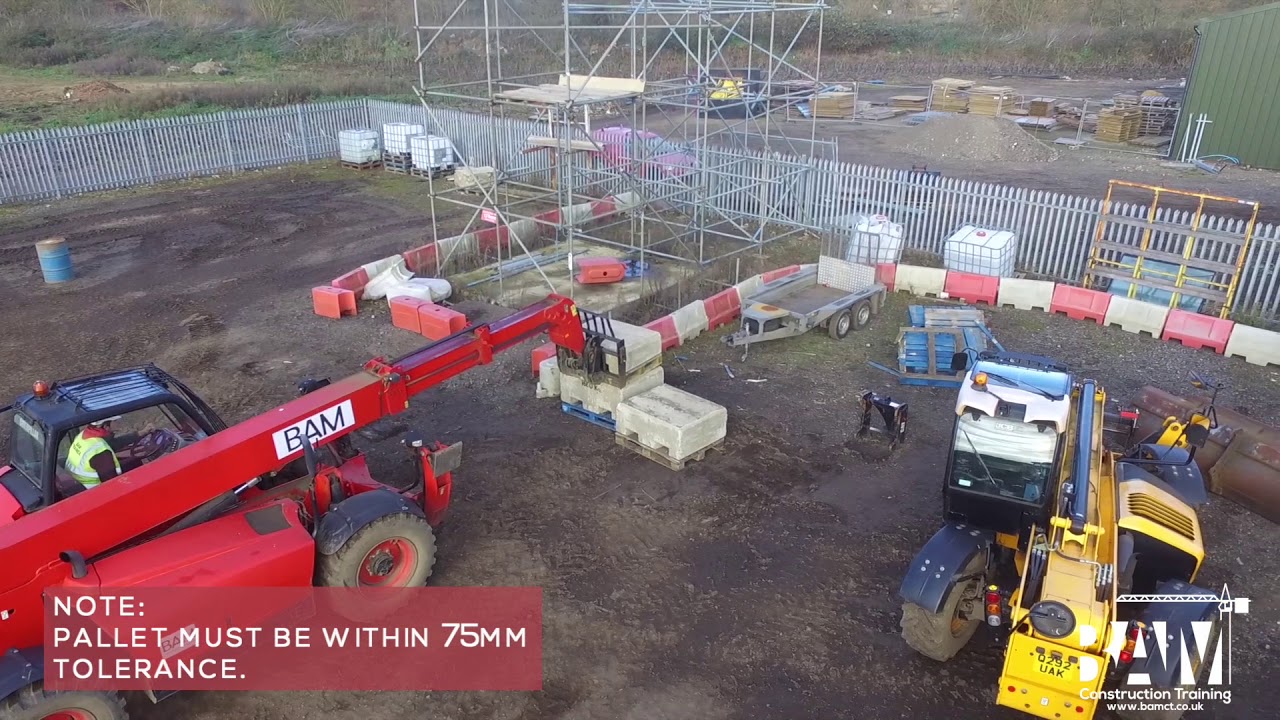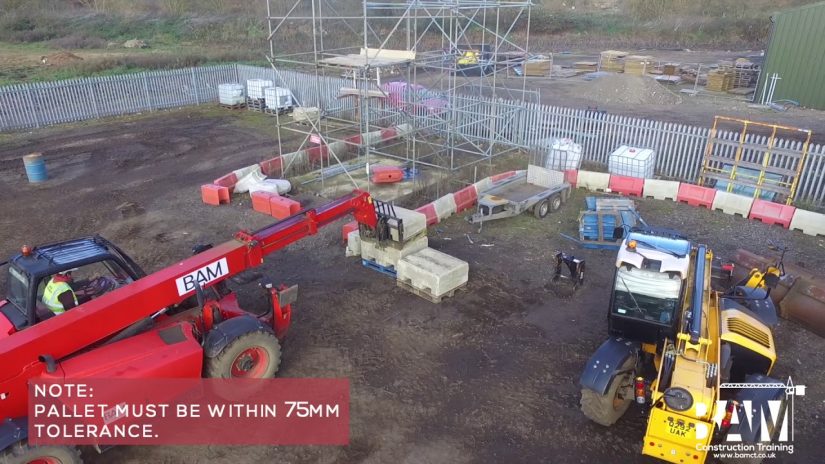
**Telehandler Training: Key Considerations & Expenses in the UK**
Telehandler training is vital for individuals aiming to operate telescopic handlers safely and legally within the UK. Whether you’re funding your own training or arranging it for your employees, grasping the factors influencing the costs is essential. Prices fluctuate based on experience, certification type, location, equipment, and length of the course. Choosing a reputable provider such as Telehandler Training guarantees quality and recognized certification.
**Trainee’s Experience Level**
1. **Novice Telehandler Course (3–5 days):** Tailored for newcomers with no prior experience. These courses tend to be the most costly due to their extensive duration and detailed content.
2. **Experienced Operator Course (2–3 days):** Aimed at those with previous knowledge, these are shorter and more economical than novice training.
3. **Refresher Training (1 day):** For the renewal or updating of licenses. This is the least expensive option.
**Certification Type: CPCS vs NPORS**
– **CPCS (Construction Plant Competence Scheme):** Favored on large construction sites, typically more expensive due to rigorous testing and extra charges such as the CPCS Red Card.
– **NPORS (National Plant Operators Registration Scheme):** Offers a more budget-friendly and flexible option, often preferred by smaller firms in the agriculture and plant hire sectors. Both certifications are broadly accepted; the choice hinges on the working environment.
**Location of Training**
The cost of training can vary by location. On-site courses tend to be more economical if you possess a compliant telehandler and training space. Specialized centers typically charge higher fees due to the equipment and facilities they provide. Urban training sessions are usually more costly than those conducted in rural areas.
**Number of Participants**
Registering multiple trainees can often decrease the cost per individual. Group discounts are frequently available, although providers may impose limits on class sizes, influencing the overall pricing.
**Equipment and Site Requirements**
Training conducted on-site requires a safe environment and a compliant telehandler. If these conditions aren’t met, providers might add extra charges to supply the necessary equipment.
**Duration of the Course**
Lengthier courses, such as a five-day novice program, generally incur higher costs due to instructor time, evaluations, and materials, compared to shorter classes.
**Additional Charges**
Confirm whether the quoted pricing includes all expenses. Additional costs may involve VAT, certification fees, trainer travel for on-site classes, or retesting.
**Typical Cost Ranges**
– Novice course: £600 – £900
– Experienced operator course: £400 – £600
– Refresher course: £200 – £300
Always double-check what is included with the training provider prior to booking.
**Maximizing Your Investment**
Regardless of varying expenses, investing in telehandler training guarantees legal compliance, enhances safety on site, and improves employment opportunities. To gain the best value, opt for an accredited provider that offers CPCS or NPORS certification, ensuring your license is recognized across the industry and advancing your career.
